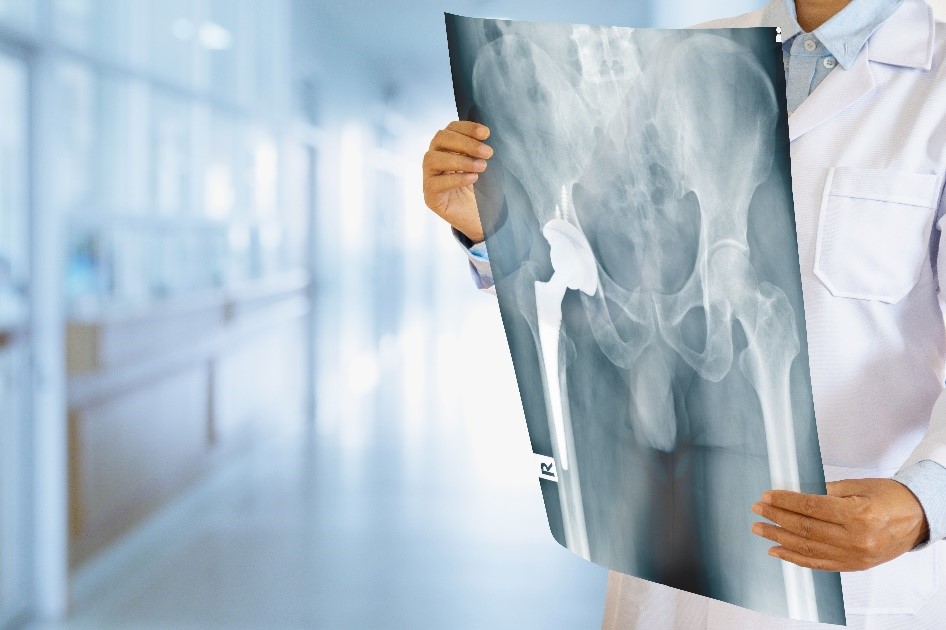Are you worried about your loved one’s hip placement procedure? The good news is the medical procedure is a common and aims to improve your loved one’s hip function. Hip replacement is a procedure that a surgeon performs on a damaged hip joint. The operation includes replacing the hip joint with an implant or a prosthesis. Here are three things to know about hip replacement.

Who needs it?
Most of the time, elderly adults get ailments that harm the hip joints. Bone health decreases with age, cumulating the threat of a hip fracture. But, anybody with substantial pain and inadequate movement may profit from a hip replacement. Before the operation, physicians try out non-surgical treatments. Patients will undergo medications, physical therapy, and injections to help with their hip issues. Yet, doctors will usually offer hip replacement surgery to those who have constant symptoms.
What are the Risks?
There are different implant procedures for substituting parts of the hips. There are many surgical techniques for the operation replacement of the ball on the top of the femur. It also includes replacing the cup, or socket, in the pelvis. Hip replacement surgery lessens discomfort and increases movement. A hip placement operation has risks including infection, bleeding, blood clots, pulmonary embolus, and dislocation. In severe cases, the surgical operation can bring nerve damage and the implant loosening.

Aftercare and Recovery
After the operation, the patient will need to use a walker, crutches, or a cane to help them walk. A physician will offer medicines to support the patient in the recovery process. Many patients take two to three days to recover in the hospital. Some medical centers perform outpatient or same-day, total hip replacement surgeries for your convenience. At home, patients must do exercises to toughen the hip and recover mobility. The exercises can be easy activities around the house, such as learning to walk around with the new hip.
Conclusion
Hip problems are a severe issue for many older people and cause lots of pain, discomfort, and the inability to move. It is most common for people who have osteoarthritis of the hip. Home Instead Senior Care offers arthritis care and activities for seniors with arthritis and related conditions. We understand the importance of daily exercise and safe activities, which is why we tailor our care plan to your loved one’s specific needs. For more information about in-home arthritis care services in the Wilmington, NC area, call us at (910) 342-0455.